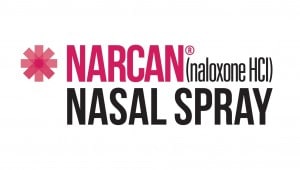In Town of Natick and Natick Patrol Officers Association (February 17, 2017), a Department of Labor Relations (DLR) Hearing Officer held that the Town failed to bargain over the impact of its decision in April, 2014 to adopt a policy requiring police officers to administer NARCAN. The Union demanded to bargain over both the decision and its impacts. At two bargaining sessions in July and December 2014, the Town stated it would not bargain over the decision to implement NARCAN, and rejected a Union proposal for a NARCAN stipend. The Union filed a charge alleging a failure to bargain over the decision and its impacts.
The Hearing Officer held there was no bargaining obligation regarding the decision, stating that “the Town’s decision to require police officers to administer NARCAN to combat overdoses as First Responders was a level of services decision regarding the deployment of public safety personnel made in furtherance of
In a recent Somerville JLMC award, the panel awarded the City’s proposal to require police officers to administer NARCAN and rejected the Union’s quest for a quid pro quo payable in U.S. dollars. The panel noted that NARCAN is prevalent and now taught at the Police Academy and is an accepted responsibility of First Responders.
Almost three years since Governor Patrick declared opioid abuse a public health crisis, and 2½ years since NARCAN training has been required  of all First Responders (police and fire), we have a 55 page decision from a hearing officer about impact bargaining. In the meantime, dozens of unions representing public safety professionals have embraced these life-saving techniques, learned with minimal training, without seeking a stipend, many without formal bargaining, and only a few bent on litigating how many meetings need to be held to address any concerns.
of all First Responders (police and fire), we have a 55 page decision from a hearing officer about impact bargaining. In the meantime, dozens of unions representing public safety professionals have embraced these life-saving techniques, learned with minimal training, without seeking a stipend, many without formal bargaining, and only a few bent on litigating how many meetings need to be held to address any concerns.






